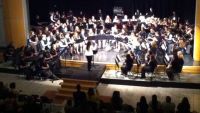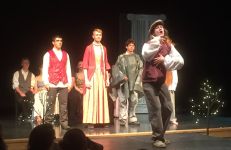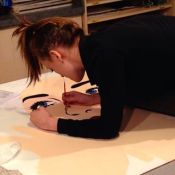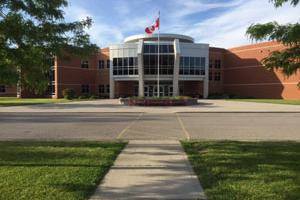Arts
|
Experiences in the arts – drama, music and the visual arts – play a valuable role in the education of all students. Through participation in the arts, students can develop their creativity, learn about their own identity, and develop self-awareness, self-confidence, and a sense of well-being. Since artistic activities involve intense engagement, students experience a sense of wonder and joy when learning through the arts, which can motivate them to participate more fully in cultural life and in other educational opportunities. |
|
|
|
Education in the arts involves students intellectually, emotionally, socially and physically. Learning through the arts therefore fosters integration of students’ cognitive, emotional, sensory and motor capacities, and enables students with a wide variety of learning styles to increase their learning potential. For example, hands-on activities can challenge students to move from the concrete to the abstract and the students learn that, while the arts can be enjoyable and fulfilling, they are also intellectually rigorous disciplines. Students also learn that artistic expression is a creative means of clarifying and restructuring personal experience. |
|
Learning through the arts develops many skills, abilities and attitudes that are critical in the workplace – for example, communication and problem-solving skills; the ability to be creative, imaginative, innovative and original; the ability to be adaptable and to work with others; and positive attitudes and behaviours. For example, participation in arts courses helps students develop their ability to listen and observe, and thus to develop their communication and collaborative skills. It encourages students to take risks, to solve problems in original ways and to draw on their resourcefulness. In arts courses, students develop their ability to reason and to think critically as well as creatively. They learn to approach issues and present ideas in new ways, to teach and persuade, to entertain and to make designs with attention to aesthetic considerations. They also gain experience in using various forms of technology. In short, the knowledge and skills developed in the study of the arts can be applied in many other endeavours and in a variety of careers. |
|
Courses in the arts at Holy Trinity include drama, instrumental music, vocal music, visual arts and photography. Please see the subject specific pages to find out more about the arts courses at Holy Trinity.










